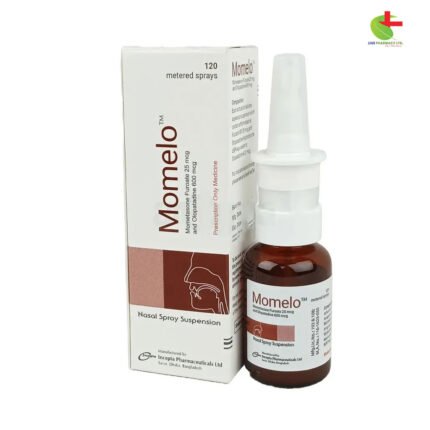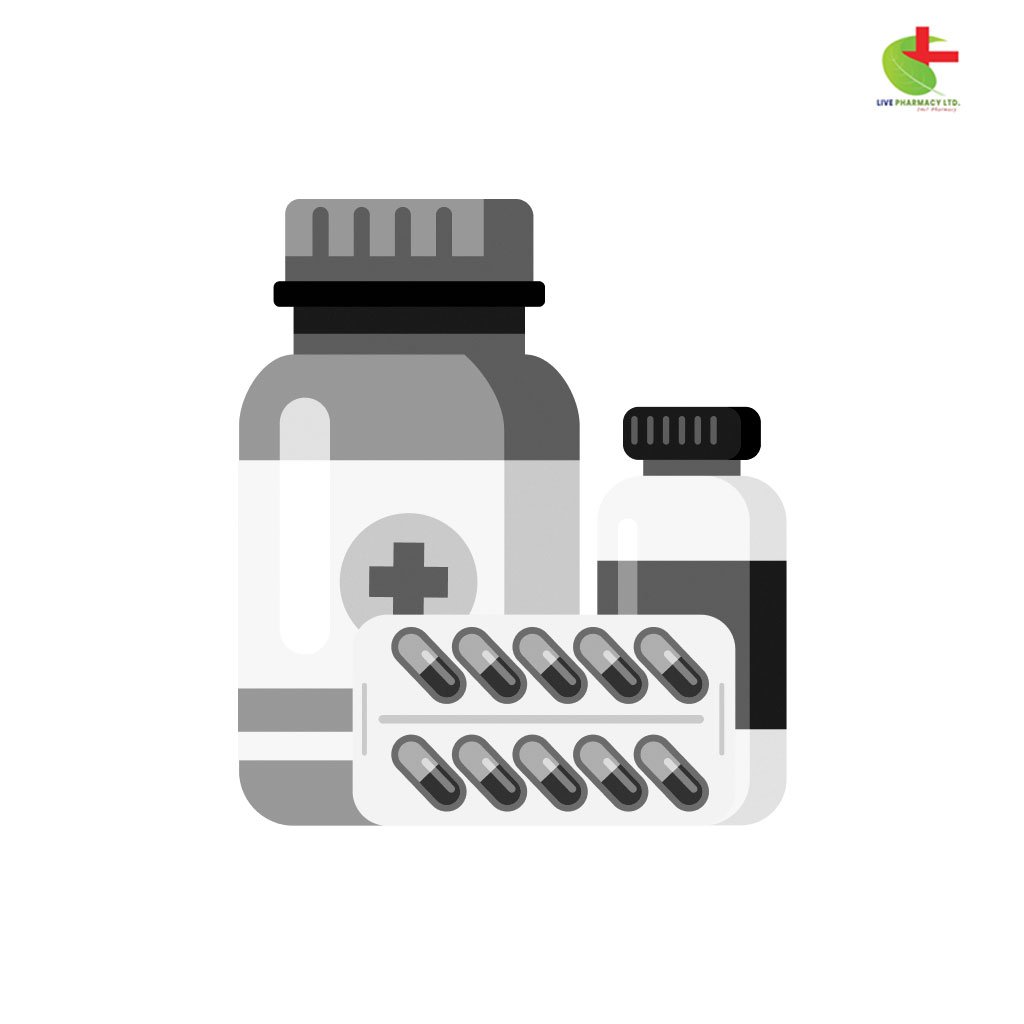

Parenil Nasal Spray
400.00৳ Spray (112 metered)
- Parenil is a versatile treatment available as a nasal spray, tablet, and injection, aimed at managing symptoms of diabetic gastroparesis, gastroesophageal reflux, and nausea.
- The nasal spray targets gastroparesis relief, while tablets address gastroesophageal reflux for those unresponsive to standard treatments.
- Parenil Injection is used for various conditions including diabetic gastric stasis, chemotherapy-induced nausea, postoperative nausea, and enhancing radiological exams.
- It works by blocking dopamine and serotonin receptors, increasing GI motility, and improving gastric emptying efficiency.
 Brand
Brand
|
Incepta Pharmaceuticals Ltd |
|---|---|
 Generics
Generics
|
Metoclopramide Hydrochloride |
 Type
Type
|
Nasal Spray |
Indications
Parenil Nasal Spray: A dopamine-2 (D2) antagonist formulated to alleviate symptoms in adults dealing with acute and recurrent diabetic gastroparesis.
Parenil Tablet:
- Indicated for 4- to 12-week treatment of symptomatic, documented gastroesophageal reflux in adults unresponsive to standard treatments.
- Also provides relief from symptoms in adults with acute and recurrent diabetic gastroparesis.
Parenil Injection:
- Diabetic Gastroparesis (Diabetic Gastric Stasis): Effective for the relief of symptoms related to both acute and recurrent diabetic gastric stasis.
- Prevention of Nausea and Vomiting Due to Emetogenic Cancer Chemotherapy: Useful for prophylaxis against vomiting caused by emetogenic chemotherapy.
- Postoperative Nausea and Vomiting Prevention: Ideal for cases where nasogastric suction is not feasible.
- Small Bowel Intubation: Facilitates small bowel intubation in adults and children when conventional tube passage is challenging.
- Radiological Examination: Enhances gastric emptying and intestinal transit of barium, aiding radiological exams of the stomach and/or small intestine when delayed emptying is an issue.
Take medications as advised by a registered physician.
Pharmacology
Metoclopramide works by blocking dopamine receptors and, at higher doses, serotonin receptors in the chemoreceptor trigger zone of the CNS. It enhances the upper GI tract’s responsiveness to acetylcholine, promoting motility and speeding up gastric emptying without stimulating gastric, biliary, or pancreatic secretions. Additionally, it increases lower esophageal sphincter tone.
Dosage & Administration
Metoclopramide Nasal Spray:
- Adults under 65: One spray (15 mg) in one nostril, 30 minutes before each meal and at bedtime (up to 4 sprays daily) for 2 to 8 weeks, depending on response.
- Adults 65 and older: Not recommended as initial therapy. Those stabilized on 10 mg four times daily can switch to 1 spray (15 mg) in one nostril, following the same timing as above.
Metoclopramide Tablet:
- Gastroesophageal Reflux: Continuous or intermittent administration:
- Continuous: 10-15 mg, 30 minutes before each meal and at bedtime (up to 60 mg daily) for 4 to 12 weeks.
- Intermittent: Up to 20 mg as a single dose before triggering situations.
- Acute and Recurrent Diabetic Gastroparesis: 10 mg, 30 minutes before meals and at bedtime (up to 40 mg daily) for 2 to 8 weeks.
Metoclopramide Injection:
- Diabetic Gastroparesis Relief: Initiate with oral administration for mild cases; for severe symptoms, begin with 10 mg IM or IV administered slowly over 1-2 minutes. After symptom relief (typically within 10 days), transition to oral dosing.
- Cancer Chemotherapy-Related Nausea Prevention: Slow IV infusion over no less than 15 minutes, beginning 30 minutes before chemotherapy, with subsequent doses every 2 hours for two doses, then every 3 hours for three doses.
- Postoperative Nausea Prevention: Administer IM near the end of surgery, typically 10 mg (up to 20 mg if needed).
Take medications as advised by a registered physician.
Contraindications
Avoid metoclopramide in patients with:
- History of tardive dyskinesia or dystonic reactions to the drug.
- Conditions where GI motility stimulation is risky (e.g., GI hemorrhage, obstruction, or perforation).
- Pheochromocytoma or catecholamine-releasing paragangliomas due to hypertensive crisis risk.
- Epilepsy, as it may increase seizure severity and frequency.
- Hypersensitivity to metoclopramide (reported reactions include angioedema and bronchospasm).
Side Effects
Common side effects (≥5%) include altered taste, headache, and fatigue.
Pregnancy & Lactation
- Pregnancy: Category B. Animal studies suggest no impairment to fertility or significant fetal harm, though no well-controlled human studies exist. Use only if clearly needed.
- Nursing Mothers: Metoclopramide is present in human milk; caution is advised.
Precautions & Warnings
Avoid metoclopramide use alongside other drugs known to cause tardive dyskinesia (TD), extrapyramidal symptoms (EPS), or neuroleptic malignant syndrome (NMS). Discontinue immediately if symptoms arise, and avoid use in individuals with Parkinson’s Disease. Additionally, avoid use in cases of depression with suicidal thoughts or behavior.
Therapeutic Class
Anti-emetic and prokinetic medications.
Storage Conditions
Store between 20-25°C and protect from light.











Reviews
There are no reviews yet.